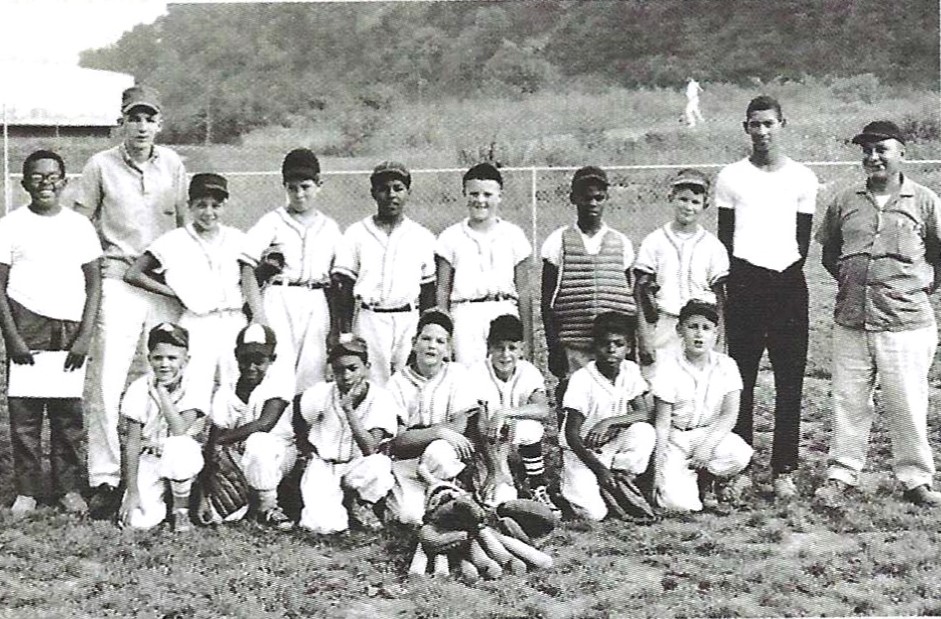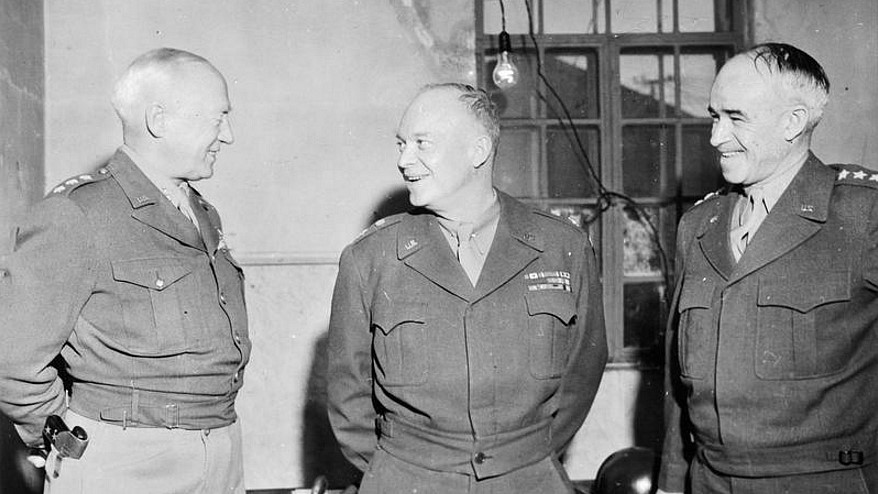At 9:00 on the morning of Tuesday March 20, 2012, Secretary of State Hillary Rodham Clinton stepped to a podium in the State Department’s Benjamin Franklin Dining Room and addressed a roomful of reporters, federal officials, and a sprinkling of female military aviators. Behind her sat the Secretary of Transportation, the foreign minister of the nation of Kiribati, the CEO of Lockheed Martin, underwater explorer Robert Ballard, and Richard Gillespie, executive director of The Investigative Group for Historic Aircraft Recovery (TIGHAR). Secretary Clinton began by describing her youthful admiration for Amelia Earhart, “a woman who, when it was really hard, decided she was going to break all kinds of limits—social limits, gravity limits, distance limits. Nobody,” the secretary explained, “was there to tell Amelia Earhart she couldn’t do whatever she wanted.”
August 2012


